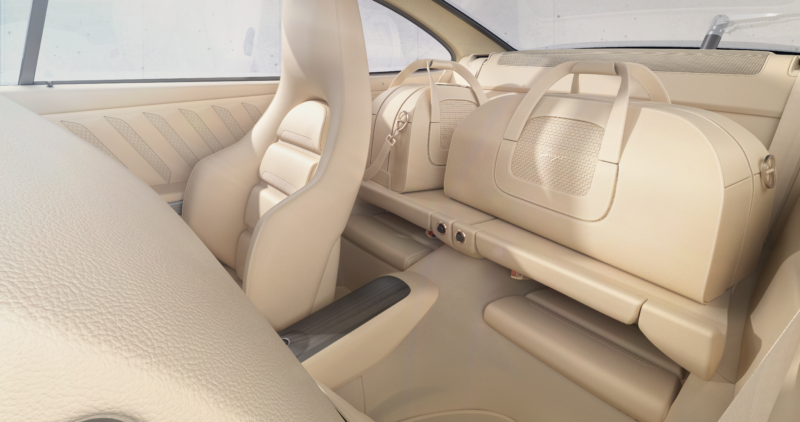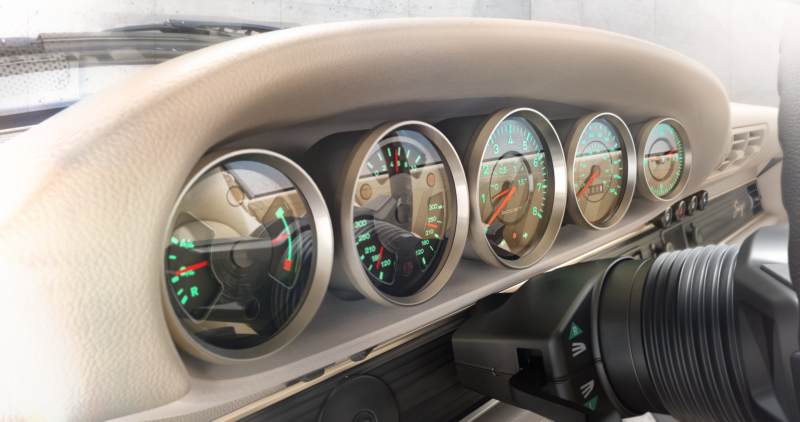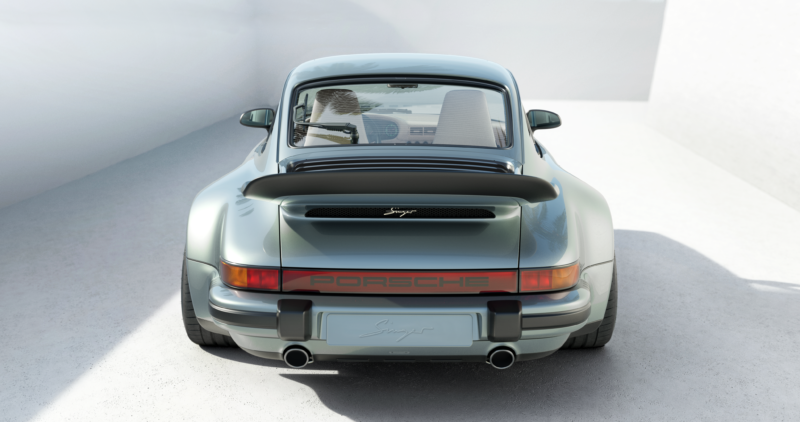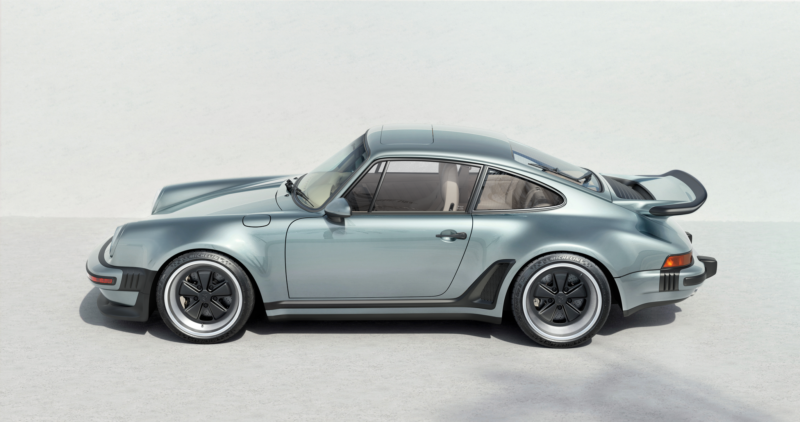
If you’re a Porsche fanatic with way too much money on your hands, and you want to have something a little more luxurious and special than an old smelly car built decades ago in Germany, Singer has been your go-to for over a decade now. The 964 backdates known as “Porsche 911 Reimagined By Singer” command a heck of a premium, but the company’s mantra is “Everything Is Important” so it’s easy to see why. The Singer machines have traditionally been powered by Rothsport engines, but the company recently inked a deal with Porsche Motorsport to build their powerplants for discerning customers. Big things are happening for the small company from California, and later this year you’ll be able to see Singer’s first forced induction model in the carbon and aluminum.
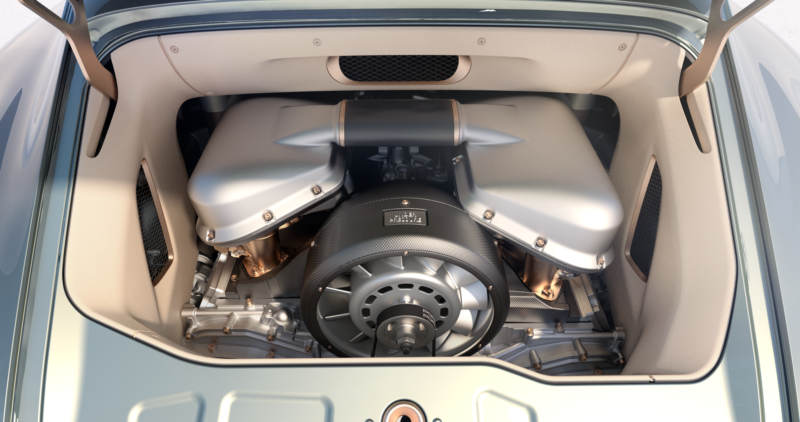
Rob Dickinson, Founder and Executive Chairman, Singer Group Inc.
“My first ever ride in a Porsche 911 as an 11-year-old in 1976 left me dry-mouthed and speechless – it was a black 930 Turbo with red tartan seats. Forty-five years on from that life-changing moment I’m excited to present the results of our study that aims to capture the awesome thrill of Porsche’s first ‘supercar’ while reimagining its performance and refinement and collaborating with owners to take both to new heights. I believe it’s a fitting tribute to a car that changed my life and many others.”
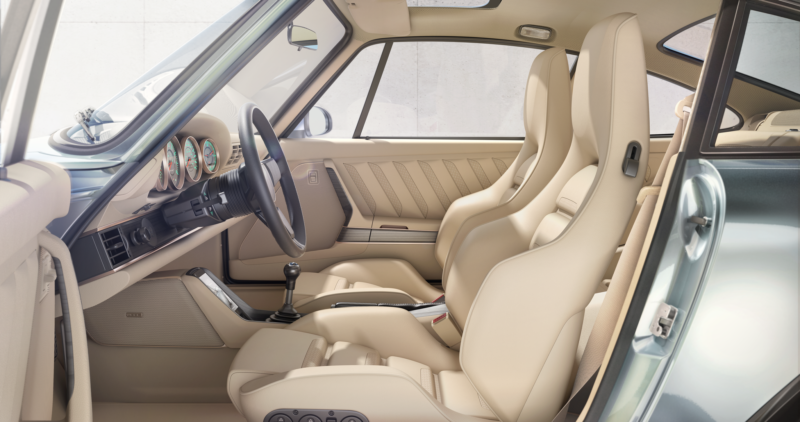
As with all of the other Singers built thus far, the company begins with a 964 Carrera body shell as its base, then adds all new bodywork and interior work to make the car perfectly customized for the new owners’ taste. Each example will be fitted with a 3.8-liter twin-turbocharged aircooled flat six engine with at least 450 horsepower, though more can be ordered if you desire. That engine will deliver power through a custom 6-speed gearbox, and you can choose between rear-wheel drive or all-wheel drive. The suspension of the Turbo Study is a bit more touring oriented than Singer’s Classic Study line of cars. And going along with that theme, you’ll get the option of heated seats, air conditioning, carbon brakes, and an immaculately trimmed leather interior.

As usual, Singer builds a bespoke carbon fiber body. This time, however, instead of cribbing inspiration from late 1960s 911s, the Turbo Study gets its looks from the mid-1970s 911 Turbo, occasionally known as the Type 930. Being all carbon allows the Singer-ified Porsches to be far lighter than their original counterparts, and when combined with more advanced suspension design, increased power, and modern wheel and tire packages, the Turbo Study should offer much better performance than the car upon which it finds its body design inspired. And that’s before you add the traction benefits of all-wheel drive.

Singer won’t disclose a price for this wild new machine, but if you have to ask it’s too much for you to afford. The company says it has already received over seventy reservations for the Turbo Study when it finally reaches production toward the end of this year, so you’ll likely be in line for years at this point if you wanted one anyway.
